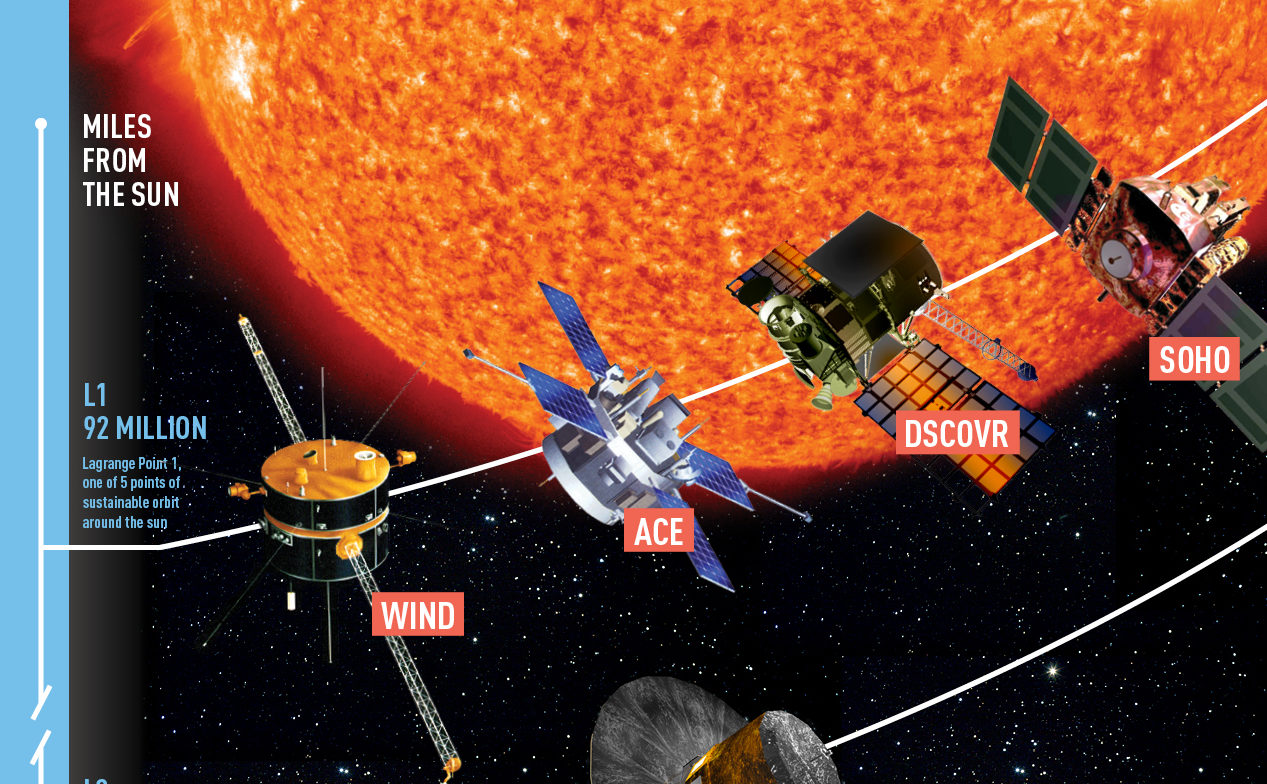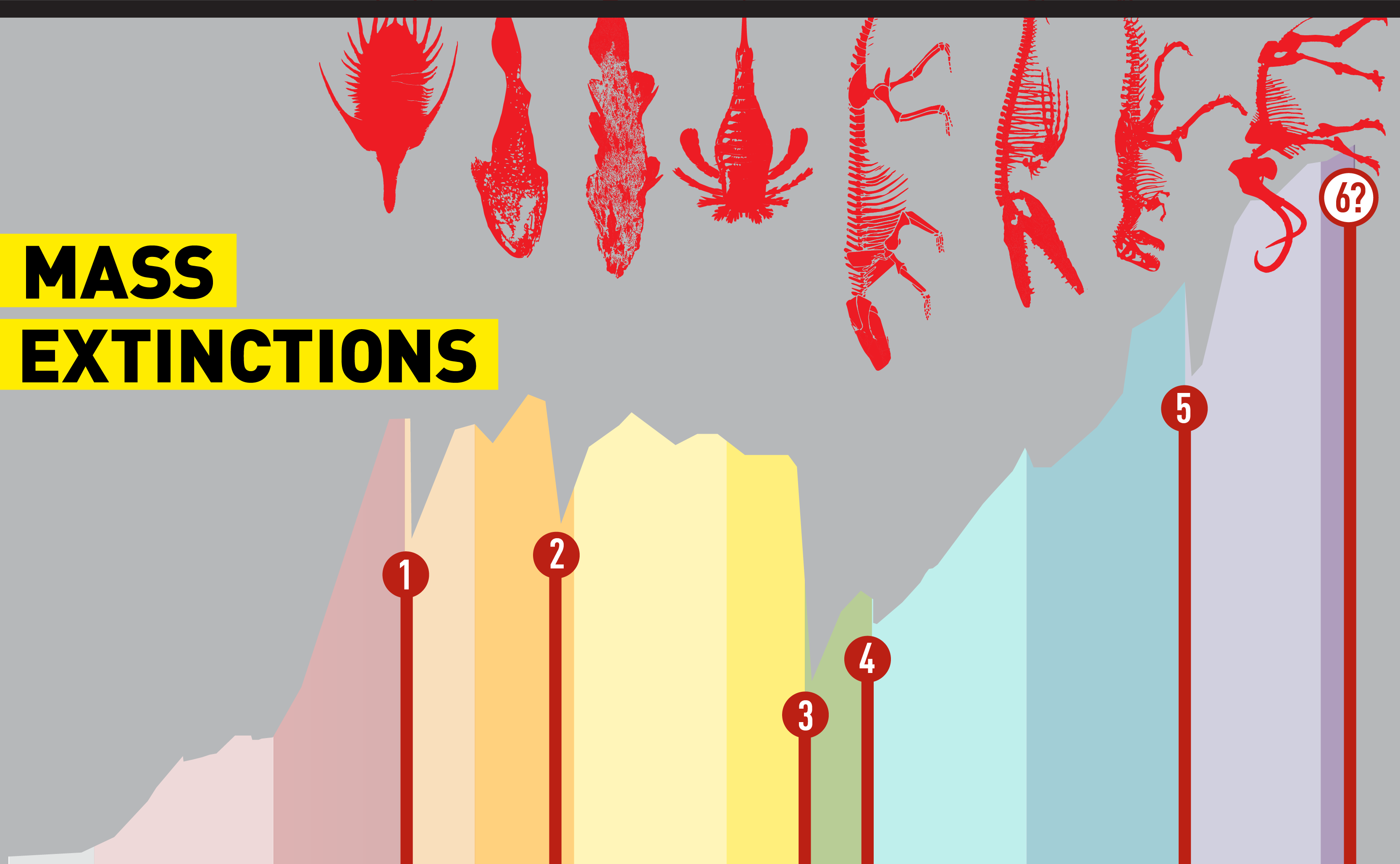Infographics
How we humans developed the unique traits that separate us from our ancient ancestors is a scientific puzzle whose solution is ongoing. From fossils to food cultivation to social structure, the story of human evolution is written from many angles. This timeline shows some of the primary distinguishing characteristics of humans and when scientists believe they appeared on the scene.
Read MoreThis week, the European Space Agency’s Rosetta spacecraft, currently circling the comet 67P/Churyumov–Gerasimenko, celebrated a special celestial milestone: perihelion, the closest point to the sun in the comet’s orbit. It’s been just a little more than a year since Rosetta rendezvoused with the comet, and that craft is just one of more than two dozen currently active space missions that are up and running from space agencies around the globe. Humanity is probing Mars for signs of ancient life, sniffing out water on distant moons, and even venturing beyond the reaches of our solar system. The fruits of this scientific inquiry have already started to ripen. We’ve discovered traces of organic molecules on Mars thanks to the Curiosity rover, tasted plumes of ice erupting from Saturn’s moon Enceladus through the instruments of Cassini, and started to map the frozen mountain ranges of Pluto with the help of New Horizons. We have space probes circling planets, moons, and parked at the Lagrange points where an object can stably orbit the sun in concert with the Earth.
Read More
Even if you’re not a mathematician trading daily in numbers of all manner, you deal with them regularly. Ever since humans have had to send ships, trade goods, track natural events, they’ve played an important role in a variety of activities. But they tend to be manageable (even if counting can present a challenge). But what about big numbers? Huge numbers? The near-unfathomable ones? How can we wrap our heads around them?
Read More
You probably have a lot to look forward to in 2015: Getting to work on some of those resolutions hopefully won’t fall by the wayside in early March), reevaluating the direction of your life, and in general becoming a better and more fulfilled you. But no matter how productive or transformative the next year is for your career or art or love life, your body will be chugging merrily along for those 365 days doing what it does best: growing, processing, and generally keeping you alive.
Read More
You think YOU had some important milestones, successes and failures this year? 2014 was a year of change for your home planet, too. Take a look at just a few of the many ways Earth has changed over the course of just one spin around the Sun.
Read MoreFor everything on Earth, there has been a season: A time for continents to meet, a time for them to break apart, a time for warming and a time for cooling, a time for life to thrive and species to multiply … and a time for them to get obliterated by global catastrophes. Scientists generally recognize five major extinction events when, in very short order (on a geological timescale, anyway), much of life on Earth was utterly stomped into the fossil record. Here’s a look at the five major extinction events of epochs past, and a glimpse at the sixth one we might be causing right now.
Read More












